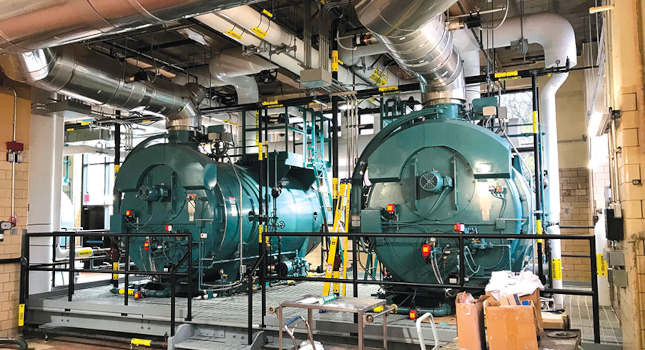
Independent Competent Persons have also been authorized to work in individual capacity under section-8 of the Boilers Act, for in-service inspection of boilers.
The Central Boilers Board (CBB) has been authorized us as Independent Competent Persons to carry out inspection of boilers and boiler components during use, in addition to Chief Inspector/ Director of Boilers. On request of the owner of the Boilers We shall perform the Inspection (Annual Inspection – Form – VI) and Certification task for Boilers during use.
Central Boiler Board
(1) A Board to be called the Central Boilers Board shall be constituted to exercise the powers conferred by section 28.
(2) The Board shall consist of the following members, namely
(a) such number of members, including the Chairman, not exceeding fifteen, as the Central Government may nominate in the prescribed manner to represent that Government, the Union territories, the railways, the coal industry, the Indian Standards Institution, the boiler manufacturing industry, the users of boilers and, any other interests which, in the opinion of the Central Government, ought to be represented on the Board;
(b) A senior technical officer conversant with the inspection and examination of boilers, to be nominated by the Government of each State (other than a Union territory).
(3) Any vacancy occurring in the Board shall be filled as soon as may be by a nomination made by the authority by whom the member vacating office was nominated.
(4) The Board shall have full power to regulate by means of bye-laws or otherwise its own procedure and the conduct of all business to be transacted by it, the constitution of committees and sub-committees of members and the delegation to them of any of the powers and duties of the Board.
(5) The powers of the Board may be exercised notwithstanding any vacancy in the Board.
